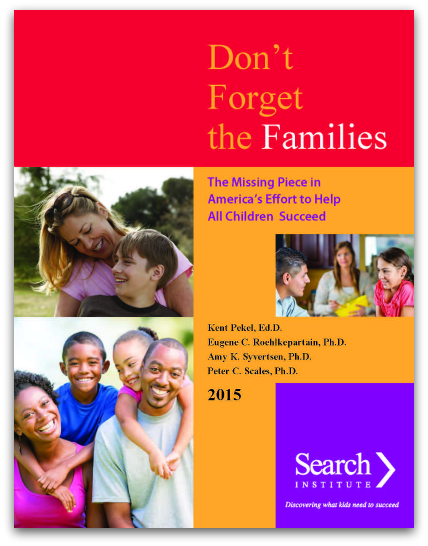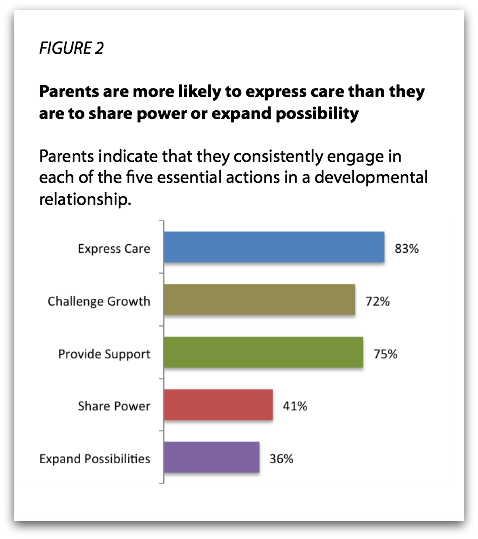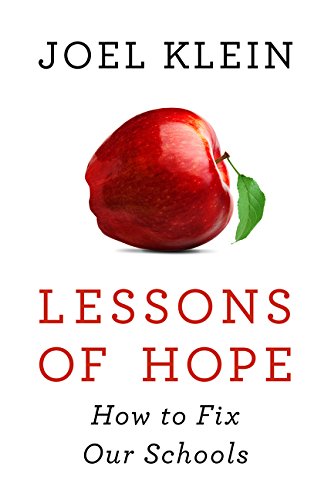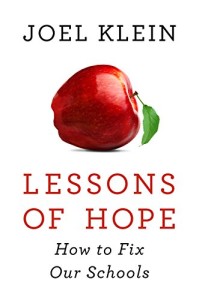
Families are the building block of civil society. Businesses are also an integral foundation of civil society. Paid family leave policy is important because it impacts families and businesses. Our society is ready for a practical blueprints that give families access to better leave policies while also enabling businesses to do the good they are often afraid to do.
We recognize that family leave is good for families:
- A study published in The Journal of Mental Health Policy and Economic found that maternity leave led to women reporting fewer depressive symptoms, reduction in severe depression and overall improvement of mental health. (source)
- A study from Columbia University found that fathers who take two or more weeks off are more active in their child’s care nine months later. (source)
- A study from the National Institutes of Health found that paid parental leave can reduce infant mortality by as much as 10%. (source)
We recognize that family leave is also good for business:
- Susan Wojcicki, the CEO of Youtube, reported that when Google increased their paid maternity leave from 12 weeks to 18 weeks, their retention rate of new mothers increased by 50%. Wojcicki said: “Mothers were able to take the time they needed to bond with their babies and return to their jobs feeling confident and ready. And it’s much better for Google’s bottom line — to avoid costly turnover, and to retain the valued expertise, skills, and perspective of our employees who are mothers.” (source)
- In California, a state with an implemented paid leave policy, 90% of businesses surveyed said the policy either had a positive effect on productivity or no noticeable effect (meaning no harm.) (source)
- At Demme Learning, We offer 8 weeks of fully paid parental leave. We have found through company surveys that this policy helps boost morale and we have also seen how this policy helps to retain our employees.
Paid leave policies cost money which can make it prohibitive to business implementation, especially for smaller businesses. Often businesses are afraid that they can’t afford to implement such policies even though they might want to. In light of this, how might the government help the private sector do the good they want to do?
Senator Marco Rubio recently rolled out a Federal parental leave plan that shifts future Social Security Benefits to pay for parental leave.
From TheHill.com,
Under Rubio’s bill, which he introduced this week, a new parent that elects to participate would receive an amount equal to three months of what they’d get in Social Security benefits. Households that receive the benefit can use it however they want as long as they take at least two months of leave, and spouses in two-parent households would be able to transfer the benefits to each other, according to Rubio’s office.
Rubio’s office said that most parents making below the median family income of about $70,000 would be able to have the benefit cover more than 70 percent of their wages for two months, and that many parents on the lower end of the income spectrum would be able to use the benefit amount to help finance longer-term parental leave.
I like what Senator Rubio is trying to accomplish but ideally, the most effective initiatives will be found at the state level and with individual businesses. For example, Pennsylvania could adopt an incentive plan that gives tax credits to employers that provide paid leave policies. A similar concept was included in the 2017 Tax Cuts and Jobs Act, for a federal tax credit for employers who provide paid family and medical leave.
The Society for Human Resource Management reported,
Under new Section 45S of the Internal Revenue Code, employers that voluntarily offer qualifying employees up to 12 weeks of paid family and medical leave annually under a written policy may claim a tax credit for a portion of the wages paid during that leave.
To receive the credit, employers will have to provide at least two weeks of leave and compensate their workers a minimum of 50 percent of their regular earnings. The tax credit will range from 12.5 percent to 25 percent of the cost of each hour of paid leave, depending on how much of a worker’s regular earnings the benefit replaces. The government will cover 12.5 percent of the benefit’s costs if workers receive half of their regular earnings, rising incrementally up to 25 percent if workers receive their entire regular earnings.
It will be interesting to see how this issue continues to evolve as we move through the midterms and into the 116th Congress.










